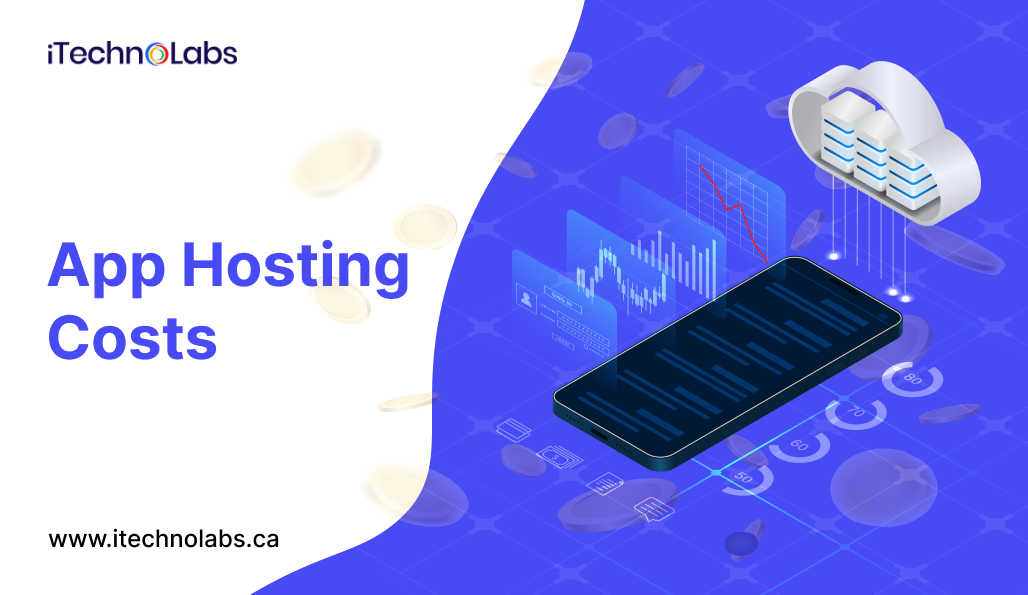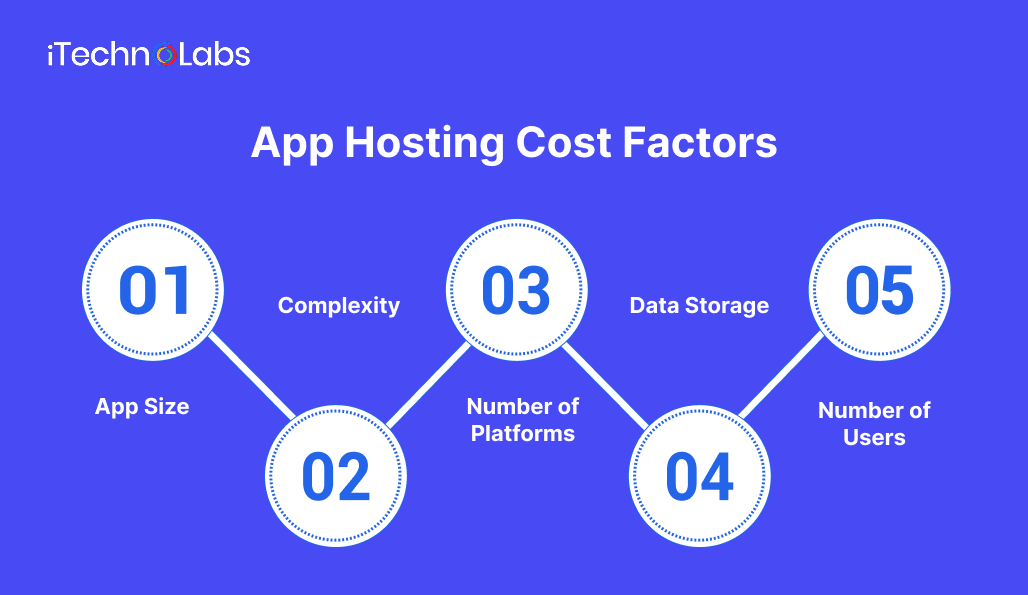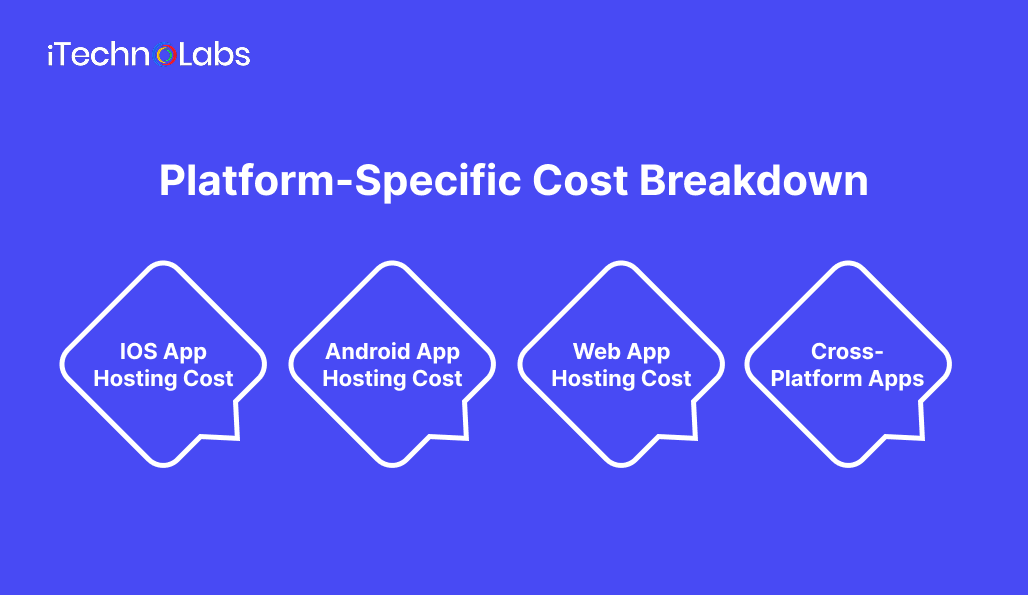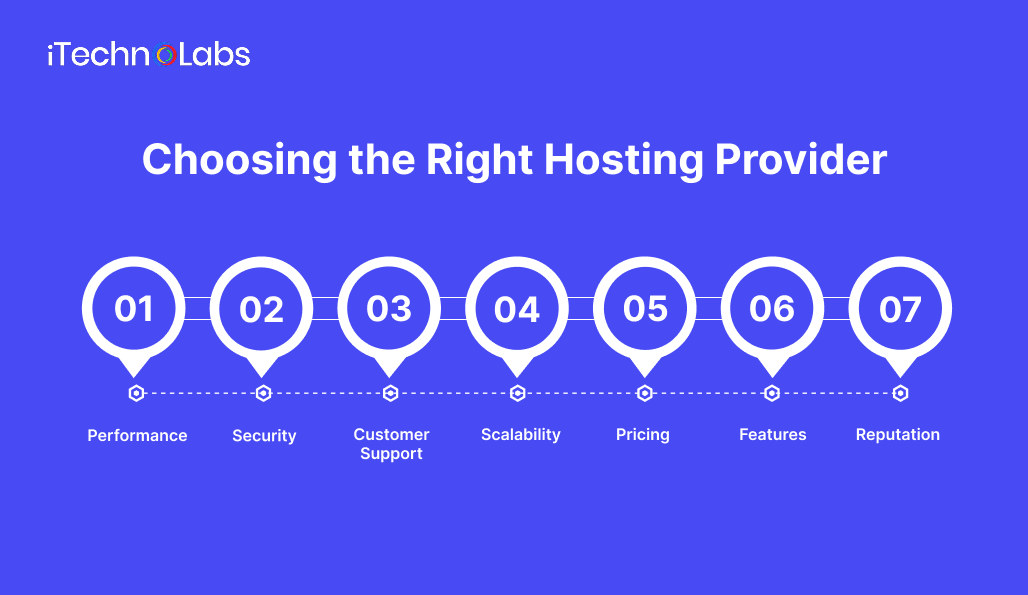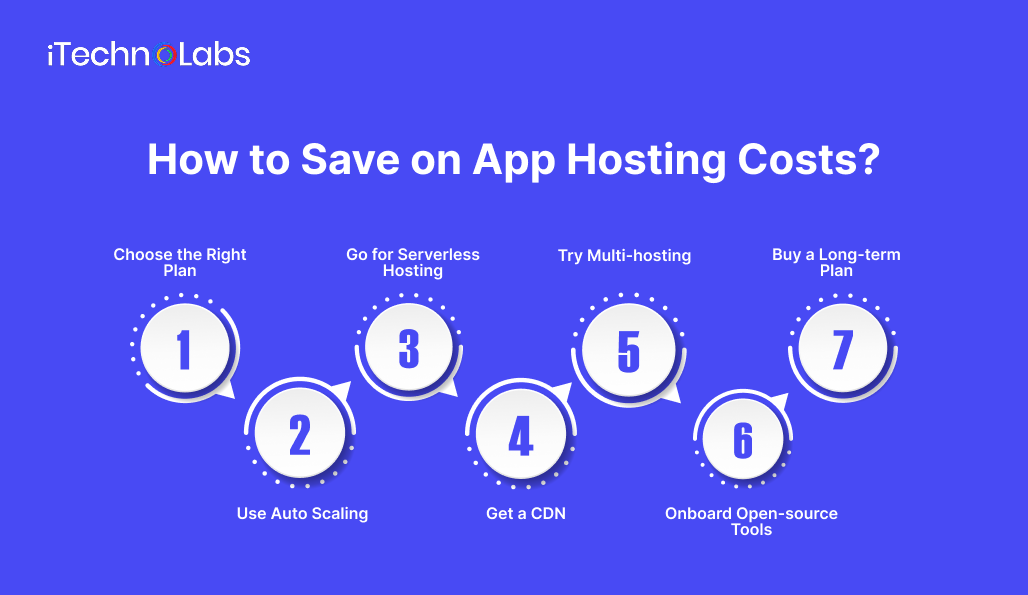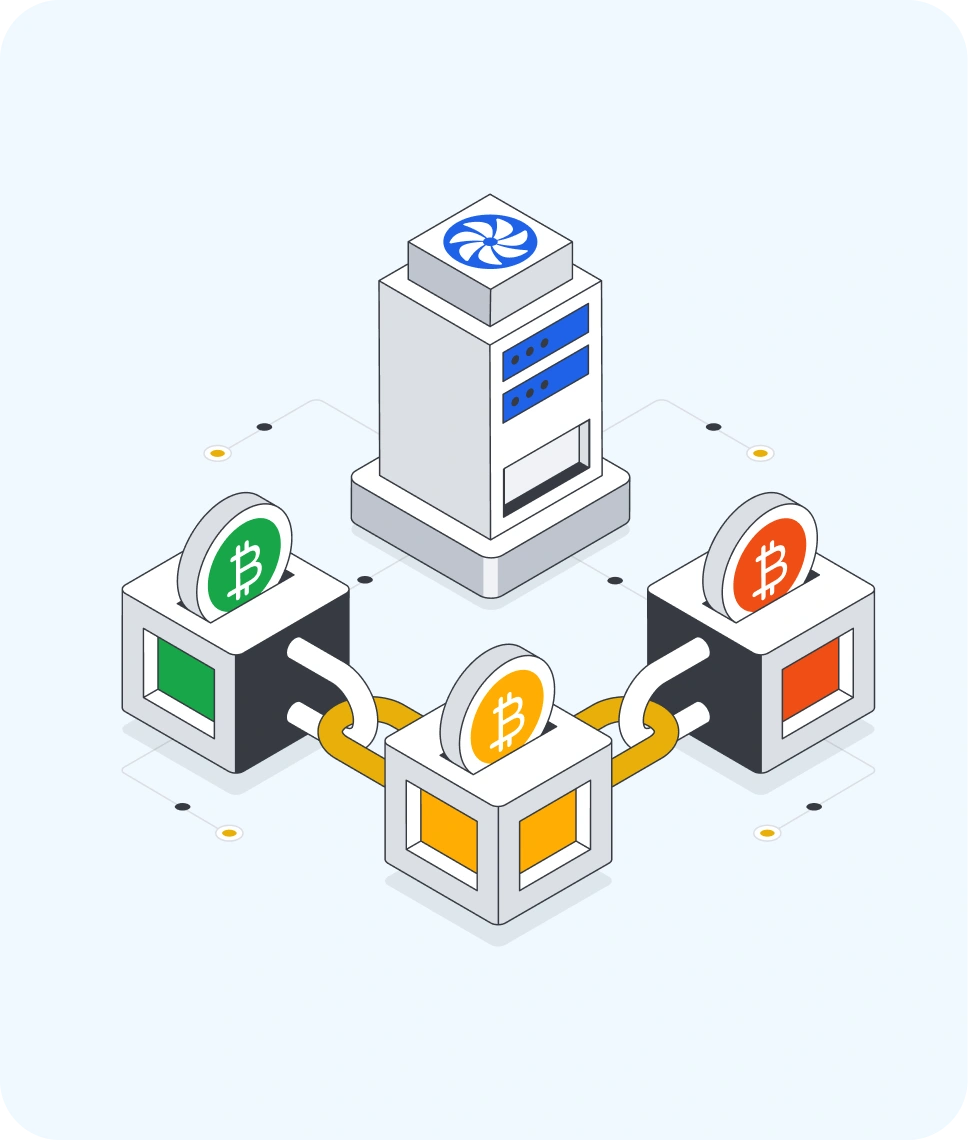Free hosting works, but ads suck. Though paid are many, I can’t choose any. If questions like this come to your mind, then you are not alone. In 2026, whether you are an individual or a business owner, you need to have a website to showcase your products, services, and testimonials.
Every app needs a hosting platform to be hosted on. Now, here is the thing: not everybody knows which hosting is best for their website, and if you are also someone who doesn’t know anything about this tech thing, don’t worry, you are at the right place. Read this blog to learn about the types of hosting, factors affecting app hosting cost, and how to choose the best hosting company.
App Hosting Cost Factors
When launching an app, understanding the app hosting cost factors becomes crucial. The cost of app hosting depends on various factors, like the hosting provider you use, the type of app you want to build, and the performance you require. Following are some factors that affect the app hosting cost:
1. App Size: The app size is one of the factors that affect the cost of app hosting. A basic app with normal features will cost you less than one with multiple features and integrations. A large app means more data in terms of the images and videos, which means more storage requirements, and thus, a costly app hosting needs to be purchased.
2. Complexity: The apps that require powerful performance and advanced features naturally require expensive web hosting, such as for gaming, AI-powered applications, and video editing apps. The more complex an app is, the more storage and higher bandwidth are required, which increases the cost.
3. Number of Platforms: This is a no-brainer. If you need an app that will just work on Android, you are good with regular hosting; however, if you want a cross-platform app, then the app hosting cost goes up a bit. This is because to run an app on multiple platforms, more storage and data processing are required.
4. Data Storage: If the app’s data you need to store is too large, you need a bigger storage, which comes at a high app hosting cost. The app hosting companies may charge based on the storage limit you need.
5. Number of Users: More users mean more data, for which more storage is required. Likewise, more CPU and memory are required for a large number of users, which ultimately increases the cost of app hosting.
Platform-Specific Cost Breakdown
The cost of app hosting depends on the platform on which it will run. The app hosting cost for Android differs from that for iOS. Likewise, a web app costs differently from a cross-platform app. Here is a quick overview of app hosting costs for different platforms:
-
iOS App Hosting Cost
When you want to launch an app on the Apple App Store, you have to buy the Apple Developer Program, costing $99/year. On the other hand, if you want to create an app for your staff, you need to buy the iOS Developer Enterprise Program, which costs $299/year. The hosting cost differs based on the type of iOS app, such as:
- Basic iOS apps – $10-$50/month
- Medium iOS apps – $50-$300/month
- Advanced iOS apps – $500-$2000/month
-
Android App Hosting Cost
Just like iOS, one needs to pay a one-time registration fee of $25 to create any app for the Google Play Store. Depending on the app hosting provider you choose, like Google Cloud or AWS, the hosting cost may range from $50 to $1000 per month. The hosting cost for Android apps varies according to their size as follows:
- Small apps – $10-$50/month
- Medium apps – $50-$300/month
- Large apps – $500-$2000/month
-
Web App Hosting Cost
The cost of web app hosting ranges from $5 to $5000/month, depending on the type of hosting you use. Following are multiple types of hosting services available under web hosting, which are:
- Shared Hosting – Shared hosting is a hosting service in which multiple small websites utilize the resources of one server. It usually costs around $5-$20 per month.
- VPS Hosting – A VPS hosting, unlike shared hosting, provides dedicated resources to every website, like CPU and memory. It provides benefits such as better control and improved security. A VPS hosting can cost $30-$100 per month.
- Dedicated Hosting – As the name suggests, dedicated hosting provides complete control of hardware and software to a single website. Its performance and security are even superior to VPS hosting. This hosting can cost you an average of $120-$500 per month.
- Cloud Hosting – Under cloud hosting, a website is hosted on multiple physical and virtual servers instead of a single physical server. Cloud hosting usually costs between $50 and $1000 per month, depending on the scaling of the app.
-
Cross-Platform Apps
A cross-platform application costs less than an app made separately for multiple platforms. The hosting cost of a cross-platform app depends on its size, as given as follows:
- Small Cross-Platform App: $30-$100 per month
- Medium Cross-Platform App: $100-$500 per month
- Enterprise-Level Cross-Platform App: $1000-$3000 per month
Average App Hosting Costs in 2026
In 2026, everyone is leveraging the power of apps. The businesses, not doing the same will be left behind. The cost of app hosting depends entirely on your business’s requirements. For example, a static website or a basic website that you need just to showcase as your business card can be hosted on free or low-cost hosting like InfinityFree, TinkerHost, or DigitalOcean ($50/month).
On the other hand, for the hosting cost of a heavy website like gaming, dating, and real estate, which requires high performance, security, and exclusive access to resources, Google Cloud Platform is the right choice, the cost for which can go up to $5000/month.
Suggested article: A Brief Guide to Travel App Development Using Flutter
Cost Comparison Table
The following table shows a quick comparison among different platforms, hosting types, and their costs:
| Platform Type | Hosting Type | Features | Monthly Cost |
| Basic Android App | Shared hosting | Simple utilities, no heavy storage | $10-$30 |
| Basic iOS App | Shared hosting | Lightweight apps with minimal backend | $10-$30 |
| Small Business Web App | VPS hosting | Business website, customer portal | $30-$100 |
| Cross-platform starter App | VPS/cloud hosting | One backend serving both Android and iOS | $30-$150 |
| E-commerce web App | Cloud hosting (AWS/GCP/Azure) | Payment gateways, product catalogs | $100-$500 |
| Medium Android/iOS App | Cloud hosting | Education and food delivery apps | $100-$300 |
| Cross-platform business App | Cloud hosting | Universal app with API integrations and push notifications | $200-$800 |
| Social media/chat App | Cloud hosting + CDN | Live chat and media uploads | $500-$1500 |
| Gaming App | Dedicated serve/cloud GPU | High resolution, AR/VR, multiplayer | $500-$2000 |
| AI-Powered App | High-Performance Cloud | NLP, AI/ML processing | $1000-$3000 |
| Enterprise Web App/SaaS | Cloud Enterprises Plans | Advanced analytics, huge databases | $2000-$5000 |
Choosing the Right Hosting Provider
Now, since there are so many hosting companies, it’s not easy to choose the right one. Here are some pointers you can consider to choose the best hosting company and plan for your requirements:
- Performance: The minimum uptime of a hosting provider should be 99.9% since downtime may lead to low sales. Just like performance, speed is another factor to keep in mind. Look for hosting providers with servers that are powered by LiteSpeed and SSDs.
- Security: In 2026, cyber threats are increasing at an unprecedented rate, which raises the question of an app’s security. Make sure the hosting provider you are choosing has SSL/TLS certificates, automated malware scanning, DDoS protection, and two-factor authentication.
- Customer Support: You don’t want your website to go down for any reason. That’s why you must get round-the-clock customer support from your hosting providers. The support can be in the form of chat, phone, or email, but it should be available.
- Scalability: Shared hostings provide limited resources to websites in terms of CPU and storage, which may prevent your website from scaling. So, choose a hosting provider that you can easily upgrade your website smoothly to VPS, cloud, and dedicated hosting.
- Pricing: App hosting cost is something that will play an important role in choosing the best hosting company. Some hosting providers provide affordable plans in the beginning but charge a lot during renewals. One should check for hidden charges, renewal prices, and refund policies while choosing a hosting provider. One of the popular models is pay-as-you-go. Instead of just choosing the cheapest hosting, balance it with customer support, reliability and features.
- Features: Being a business owner, or even if you are an individual, you would like to choose from a wide range of features. While choosing a hosting provider, you can look for features like email hosting, one-click app installations, file managers, email hosting, site builders, and more. In 2026, you can also check if the provider gives you an AI-assisted dashboard for better control and improved performance.
- Reputation: Lastly, reputation matters a lot while buying a product/service of any company. The best platforms to check the ratings of hosting providers are Trustpilot, Reddit, and G2. Don’t just get happy with 5-star reviews, but dig deeper and also check if there are any 1-star reviews or complaints.
How to Save on App Hosting Costs?
App hosting at times can be too expensive, and you might be a small business owner who doesn’t want it to go over the budget. So here are the 5 most effective tips to keep your app hosting cost under control:
- Choose the Right Plan: Most people choose an extremely large plan and end up using not even half of its capacity. Rather, you should choose a plan that just fits right for your needs. For example, if your website needs a storage of 1 GB, you can go for a plan that offers a slightly higher limit, like 1.25 GB. In this way, you will save on app hosting costs while also getting the right plan.
- Use Auto Scaling: Auto-scaling allows the hosting provider to automatically increase or decrease the server capacity based on real-time traffic. This is really helpful since the website traffic never remains constant, and the server might keep running even with low demand, which can lead to increased costs. Auto-scaling helps to enhance the app’s performance and reduce downtime.
- Go for Serverless Hosting: If you are a small business owner or a startup, you can choose serverless hosting of Azure, AWS Lambda, or Google Cloud Functions. In serverless hosting, you only have to pay when executing code. Under this, you get billed per execution, not per hour of server usage, which helps to save costs.
- Get a CDN: A Content Delivery Network (CDN) distributes the files, such as images and videos, to multiple servers located globally. Now, every time a request comes, it will not go to the main server but to the nearest server. This reduces bandwidth consumption and eventually helps to save costs.
- Try Multi-hosting: This might come as a surprise, but you can actually choose multiple hosting providers for your website. For example, you might host a website’s backend on AWS while storing a backup on DigitalOcean. This will not only save money but will also help boost performance.
- Onboard Open-source Tools: Instead of going for paid tools, you can choose free open-source software that gives you full control, like Redis, PostgreSQL, MySQL, and Grafana.
- Buy a Long-term Plan: Many hosting providers give big discounts when you buy their long-term plans. Azure Savings Plan or AWS reserved instances provide you with good discounts if you choose their 1-3 year plans.
Also, read: Zillow API Cost: Benefits & Factors To Use it
Conclusion
App hosting costs in 2026 depend on factors like app size, complexity, type of platform, and number of users. Whether you want to build an Android app or an iOS app, the hosting can cost you a lot. Therefore, it’s important to balance performance, affordability, and support while also ensuring your app is safe and secure. By keeping in mind factors like scalability, pricing, features, and customer support, you can choose the best hosting company for your website.
Hosting is a constant investment, which, if done right, can yield good results. If you are also looking for a reliable hosting provider, you can count on us. At iTechnolabs, we ensure you get the most affordable hosting with high performance and 24/7 customer support. Being a trusted app development company, we know exactly what type of hosting will suit your business requirements.
FAQ
1. What is the app hosting cost?
Factors like the number of users, app complexity, security, and features affect the app hosting cost. Usually, the cost of app hosting ranges between $50 and $200/month.
2. What is the cost of running an app?
The cost of running an app consists of various expenses such as hosting charges, functional services, bug fixing, and API integration.
3. What are the minimum hosting charges?
The minimum hosting charges vary depending on the type of provider you choose. Typically, the minimum app hosting cost can be as low as $1-$2 per month.
4. Why is hosting so expensive?
To keep the websites running, the hosting providers incur various operational costs, such as salaries of technical staff and software and hardware updates, all of which lead to an increase in hosting costs for consumers.
5. Can I get hosting for free?
Yes, you can avail of free hosting with limited features like Google Sites and Wix.com.

